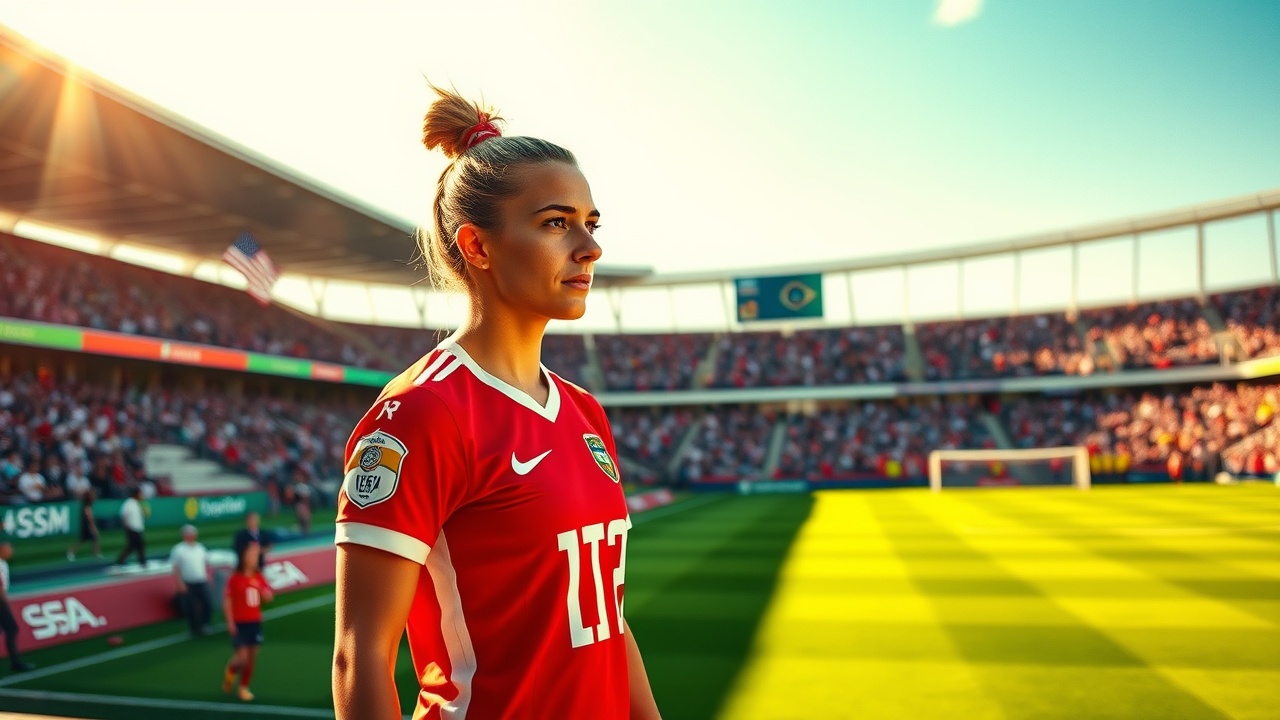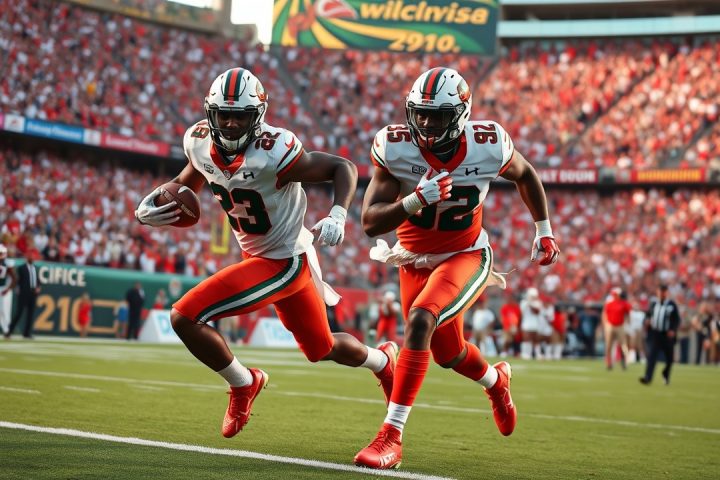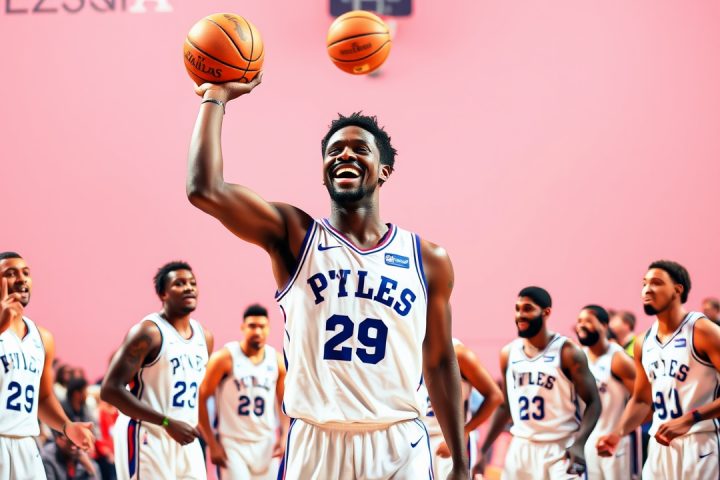Insights from Tobin Heath on American Soccer
In Miami Beach, Florida, Tobin Heath, a prominent figure in American soccer, is sharing her insights about the evolving landscape of the sport in the United States. With an impressive career that includes NCAA championships at the University of North Carolina, two Olympic gold medals, and two World Cup victories with the U.S. women’s national team, Heath’s perspective is particularly noteworthy. She reflects on how the recent Club World Cup tournament might create a similar buzz to what the 1999 Women’s World Cup ignited in the country.
Experiences at the Club World Cup
During her recent participation in a FIFA technical study group, which includes football luminaries such as Arsène Wenger and Jürgen Klinsmann, Heath emphasized the thrilling atmosphere she experienced firsthand at a match between Bayern Munich and Boca Juniors.
The energy and excitement were incredible, and the stadium was vibrating with passion. It was something I never expected to witness in my home country.
Heath is optimistic that events like the Club World Cup could dramatically influence soccer’s trajectory in the U.S., demonstrating the untapped enthusiasm for the sport.
Attendance and Future Matches
As the knockout phase of the tournament approaches, attendance figures have been mixed, with some venues packed while others have seen sparse crowds. Heath, however, believes that upcoming high-profile matches—such as Lionel Messi’s Inter Miami facing off against former team Paris Saint-Germain—will draw larger audiences, critical for building anticipation for the World Cup set for next year in North America. Heath referred to the Club World Cup as an ideal opportunity to showcase and enhance soccer in the country, describing it as a vital rehearsal for what lies ahead.
The Impact of Messi
Currently, Inter Miami stands as the sole U.S. team advancing in the tournament, raising questions about the potential impact of Messi’s presence on American soccer. Wenger pointed out Messi’s importance, noting,
While his stats may not be the best in this tournament, he is undeniably the most influential player because without him, Inter Miami would not have made it this far.
Technical Study Group’s Role
The technical study group has a critical role, tasked with analyzing matches, assessing playing styles, and compiling extensive data to understand successful strategies in soccer. Reports generated are comprehensive, often exceeding 50 pages and addressing various metrics, from how quickly teams regain possession to the intensity of player exertion during key moments.
Quality of Play and Field Conditions
Heath expressed her astonishment at the quality of play displayed in the tournament, stating it further ignited her excitement for the upcoming summer events and growth in American soccer. She believes the passion for football is deeply ingrained in the U.S. culture.
On the topic of field conditions, FIFA has acknowledged prior concerns regarding the quality of some pitches used in this tournament, particularly from European clubs. Wenger mentioned that the playing surfaces, especially in cities like Charlotte and Orlando, did not meet the expected European standards.
The pitch at Orlando wasn’t up to par, but we will ensure improvements for next year’s World Cup.
he assured.
Concerns have also been raised about the field at MetLife Stadium, where the Club World Cup final is scheduled. Borussia Dortmund’s coach, Niko Kovac, noted that the different grass type resulted in a softer pitch that affected ball speed, commenting,
It didn’t play like we are accustomed to in Europe.
Conclusion
Overall, the anticipation for the World Cup seems stronger than ever, setting the stage for a significant evolution in U.S. soccer culture.




